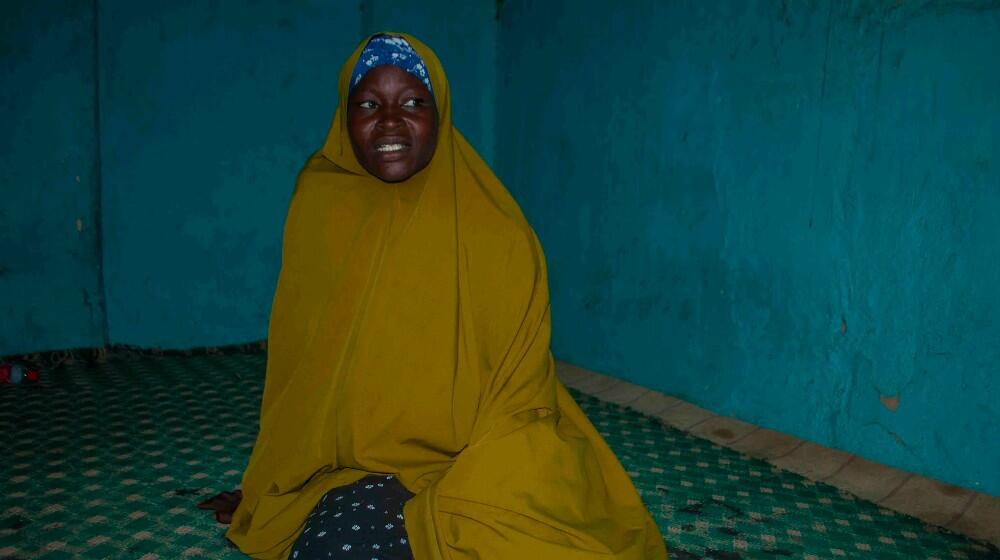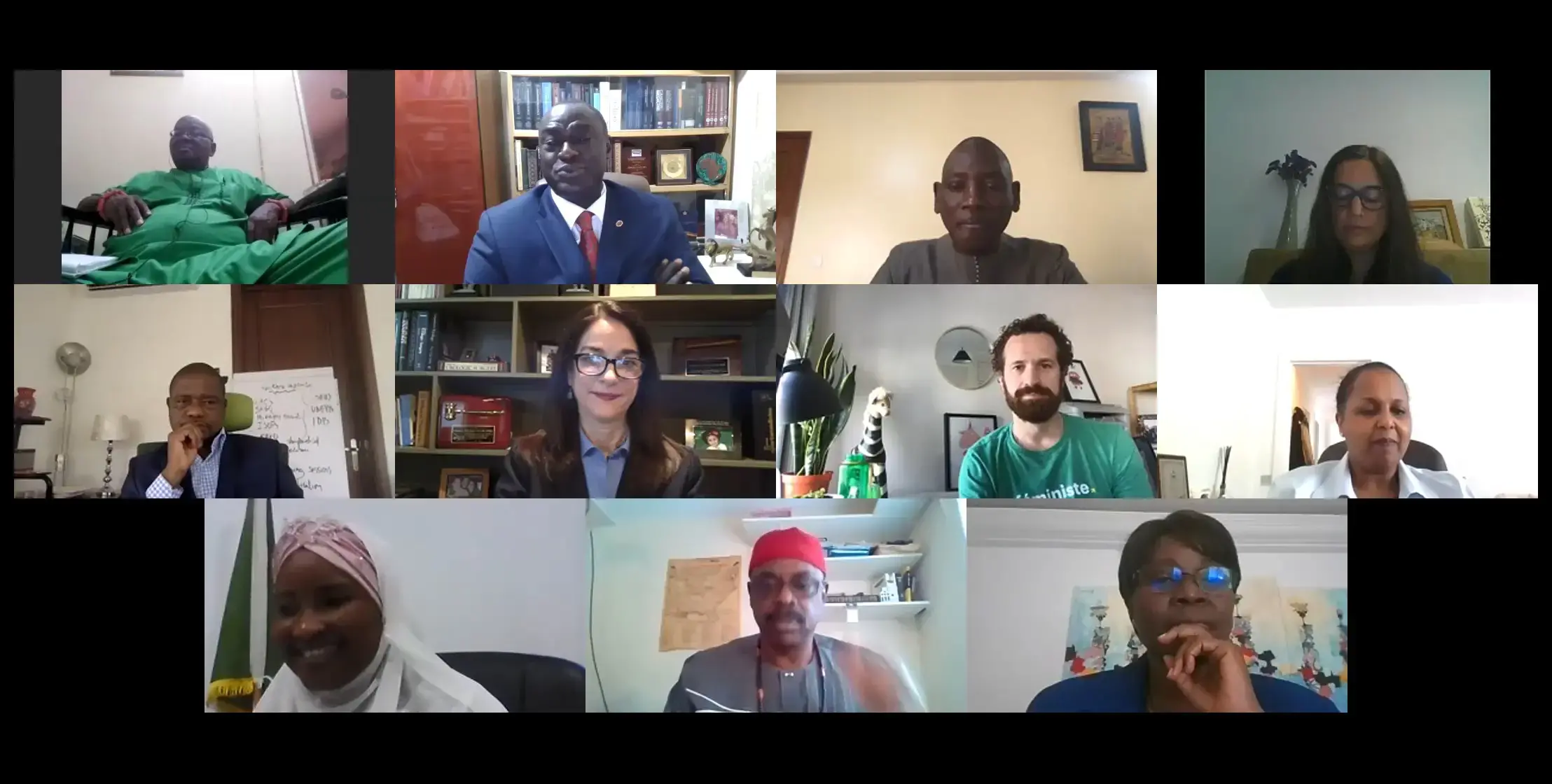Fatima is a 42-year-old lady, who was married off at the age of 23. She has been married for over 17 years, and her marriage has been blessed with six children, whom she lives with. Fatima developed a fistula three years ago, when she was pregnant with her sixth child. The pregnancy was two months old, when her hometown (in Baga) was attacked by Boko Haram terrorists, causing Fatima and other community members to flee Baga in order to save their lives. During the process of fleeing the attack on Baga, she got separated from her husband and children, and was unfortunately taken captive by the insurgents.
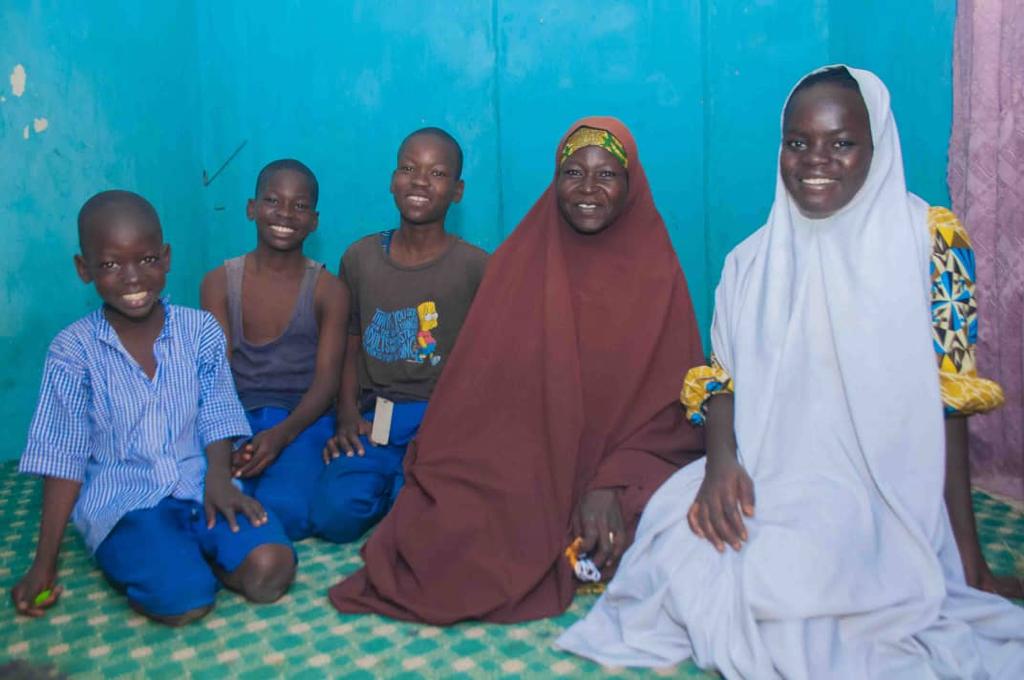
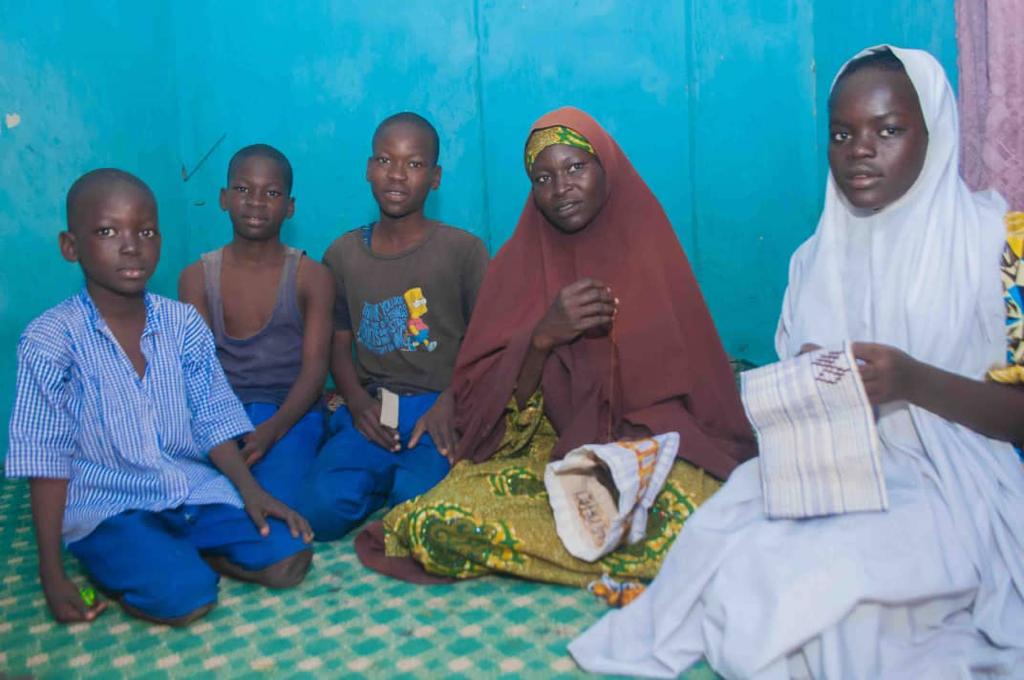
A picture of Fatima and her five children
Fatima stayed in the insurgents’ captivity for 13 days, where she was made to cook meals for them daily. By the 14th day in captivity, Fatima came across a member of her community whom she recognized amongst the insurgents, unfortunately too for her, he seemed to have recognized her too. This realization was reinforced following the killing of another captive, that also happened to recognize another member of the insurgents. She was quoted saying, “I saw one of them, who recognized me, because he was in a relationship with my sister, even though they didn’t get married. So immediately after seeing me, he called me by my name and I became afraid and thought of a way to escape and save my life,” She narrated.
After successfully escaping from captivity, she ran in the bush for hours before reaching an army camp. There, they helped her get onboard a pick-up van heading back to Maiduguri. “When I escaped from them (the insurgents), I ran for hours before getting to one Fulani settlement, the man I met said they can’t keep me there because they (Boko Haram) might come after me and attack them as well,” Fatima added.
On reaching Maiduguri, Fatima fell ill for over three weeks. She got so sick to the point where she couldn’t even stand up, unless she was assisted by others. She later went to the hospital, where she was diagnosed and informed that she had some problems in her abdomen, that required surgery to correct it, but that would be done after she delivered her child. “I then noticed from that period that I cannot hold urine as before, because sometimes it is difficult for me to reach the toilet,” Fatima said. Fatima was informed also, that the moment she goes into labour, she was to come to the hospital as soon as possible. On the day she experienced labour, she came as instructed to the hospital, however at the hospital, she was told that her time was not due, and was asked to return home. While at home, she went into labour, and put to birth sometime around midnight.
“From that moment my condition got worse,” she added.
Before developing the condition of fistula, Fatima was living peacefully with her husband, relatives and friends. The moment she became ill with fistula, everyone started running away from her, “My family, close relatives and even my husband all abandoned me, everyone started running away from me. My husband even used my illness as an excuse for marrying another wife, this made life very difficult for me”, she said.
After the condition got worse, “I went back to the hospital for the surgery, but they said it is not yet time for the procedure. Previously, I had met one Aunty Zainab, who was working with the state specialist hospital, on one of the days she called me, she informed me about an organization called UNFPA that, was ready to sponsor for my treatment if I could come to the hospital immediately” she added.
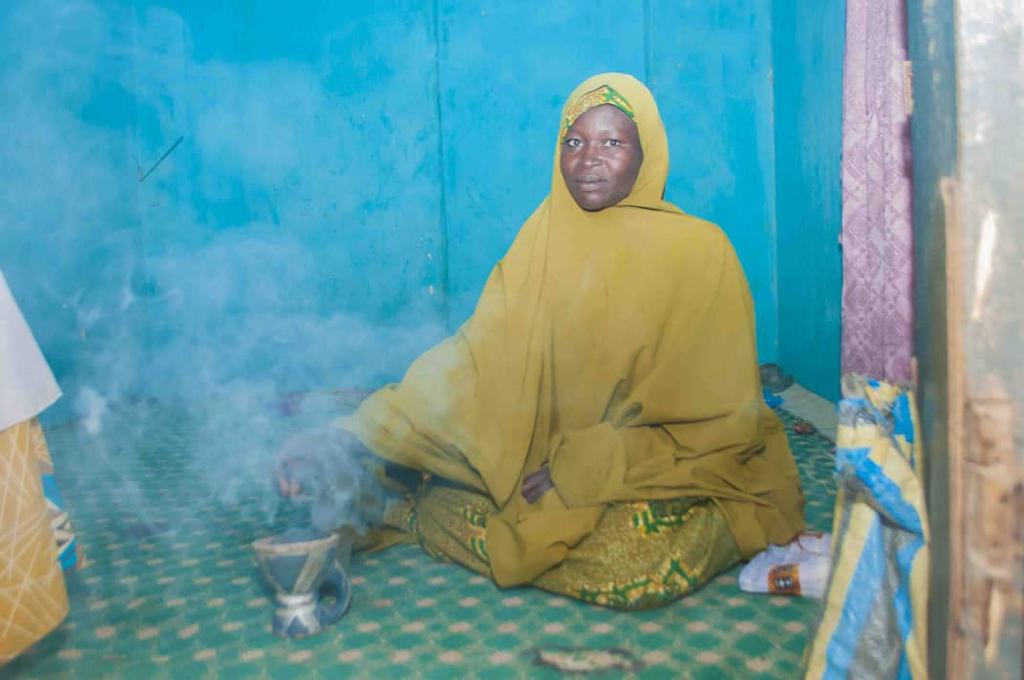
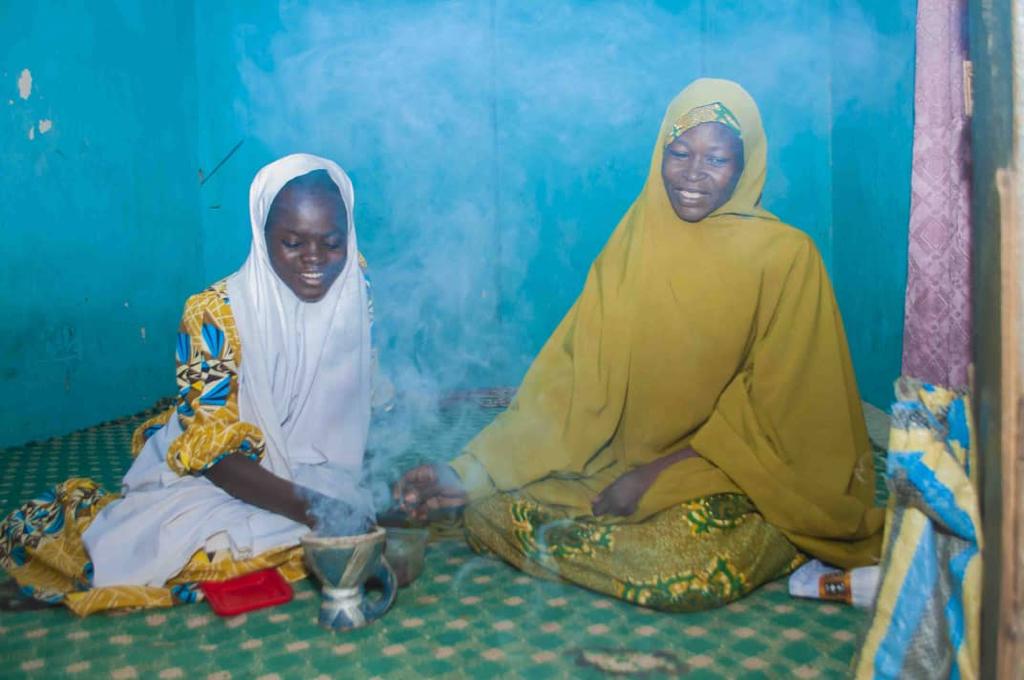
After the surgery, Fatima and other patients were treated for six months, after which the organization in question, sent the survivors for skills acquisition and trained them. It was there Fatima, learnt to knit the Hausa traditional cap, as well as local incense making. After the skills training, the organization (UNFPA) supported Fatima with the necessary start up items to enable her start making the caps and incense thereby earning some money to support her family.
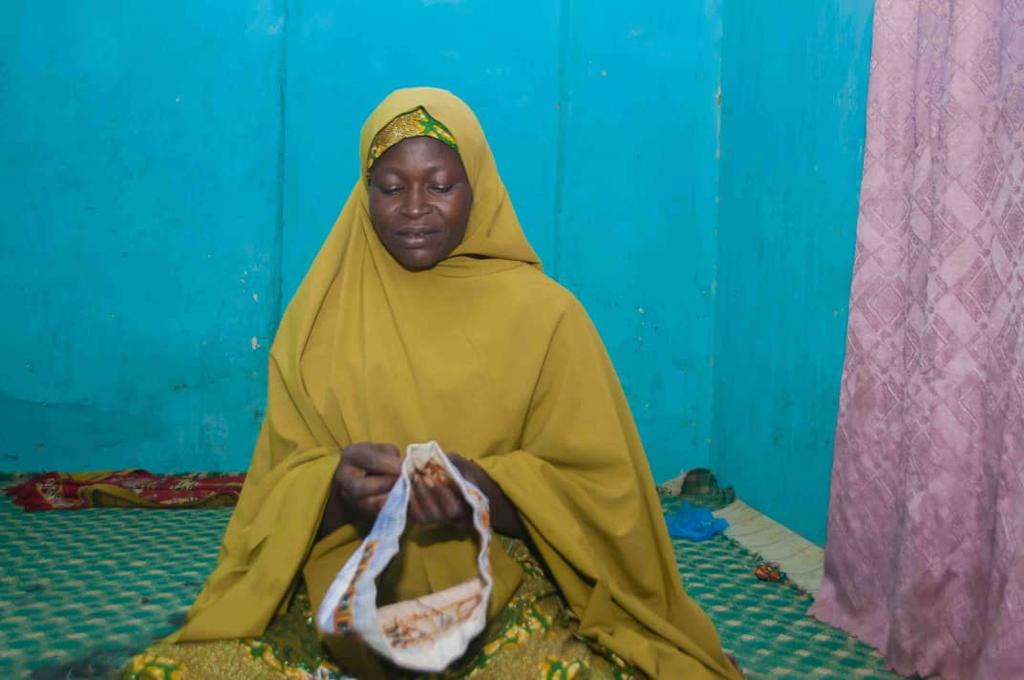
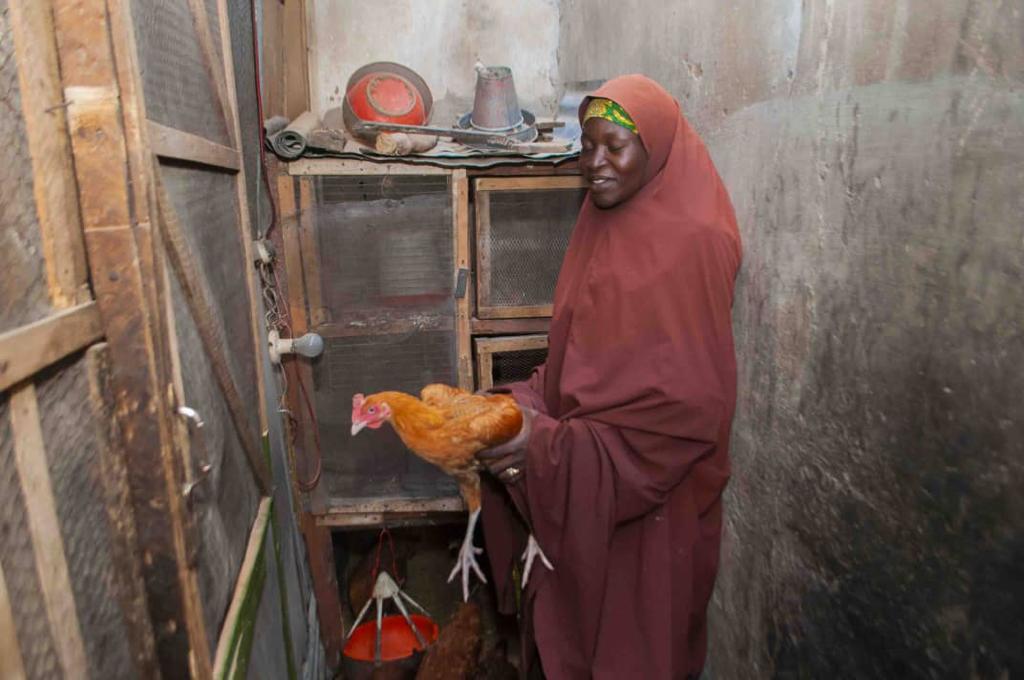
“The organization (UNFPA) treated us for free, starting from the surgery, the medications and even the food we ate, was all provided for by the UNFPA. They provided us with everything for free, I really appreciate them.”She said with joy.
Fatima is excited about her health, she has learnt new skills and has reunited with her husband. In addition, people have stopped looking down on her, stopped discriminating and stigmatizing her. She has been able to knit four (4) caps and made several sales from her incense and is still making more because “the organization (UNFPA) has formed a “cooperative” for women like me, and they are helping us sell our products. Fatima, said she will make sure that her female children get proper education.
“There is need for children to get proper education especially the girl child, what I learned from my sickness is that you need to be educated because if you don’t have education you can never be health-wise”. Fatima added.
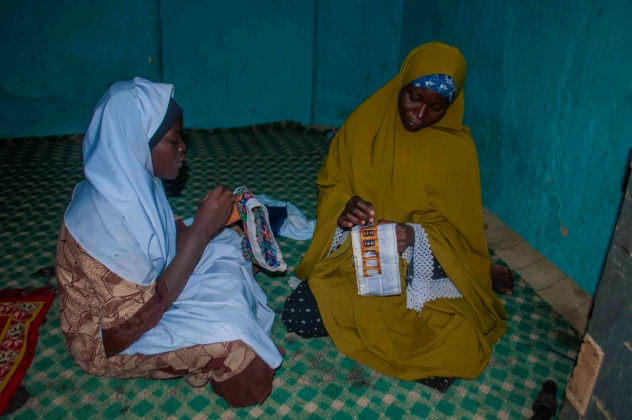
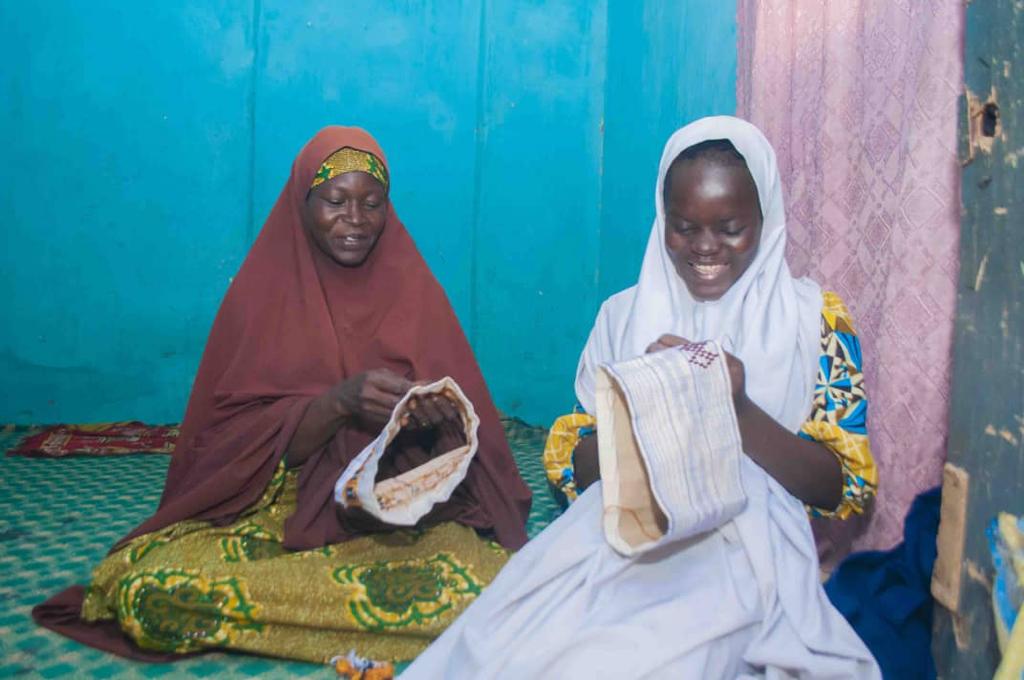
Fatima and her daught

